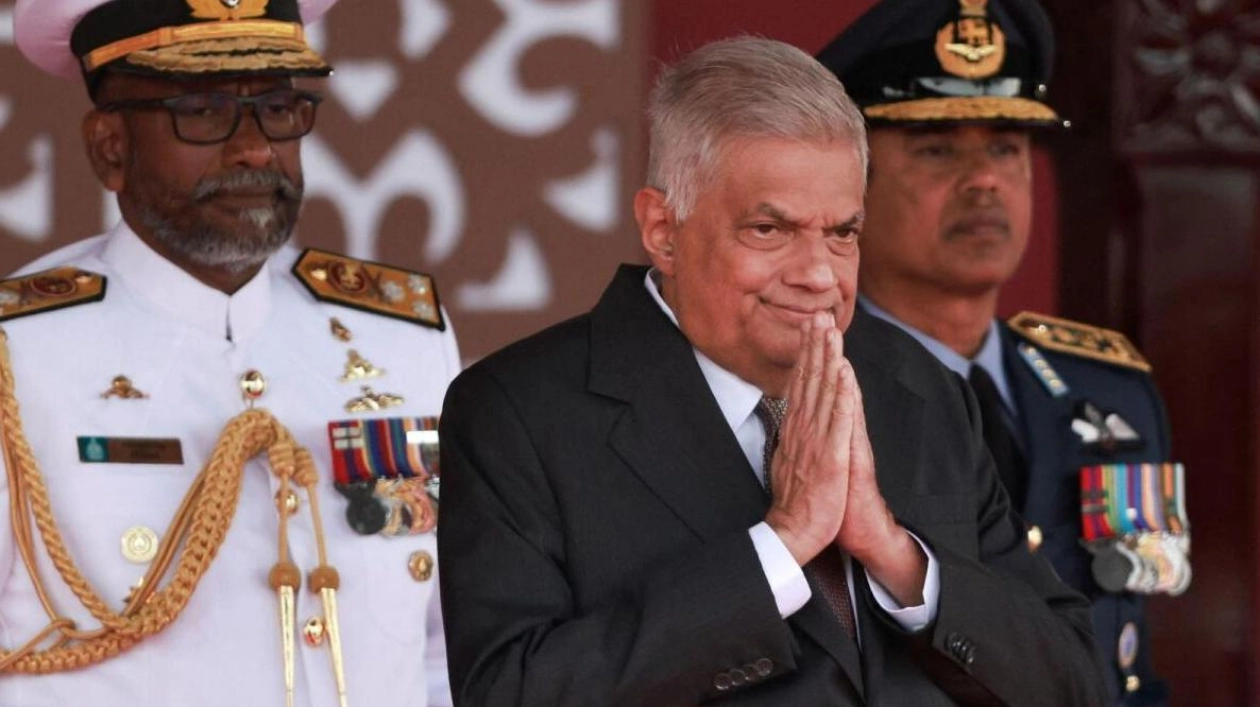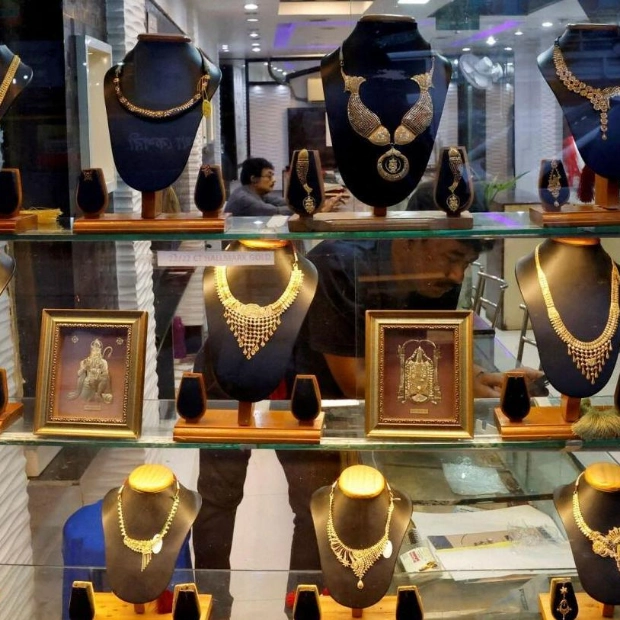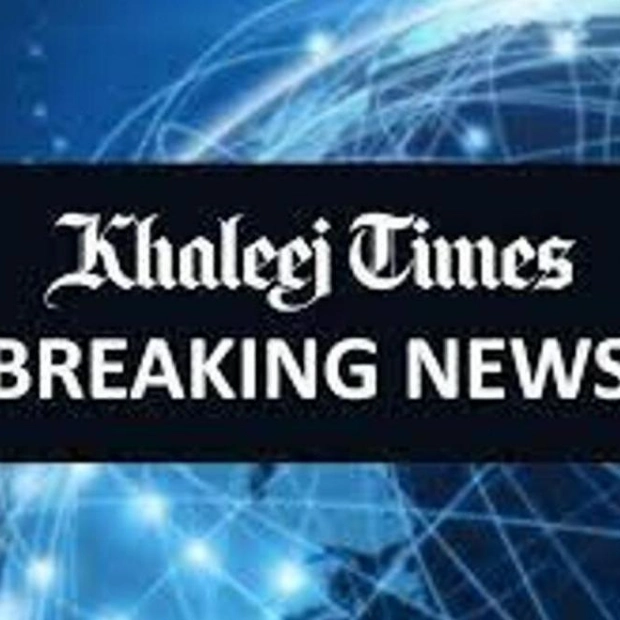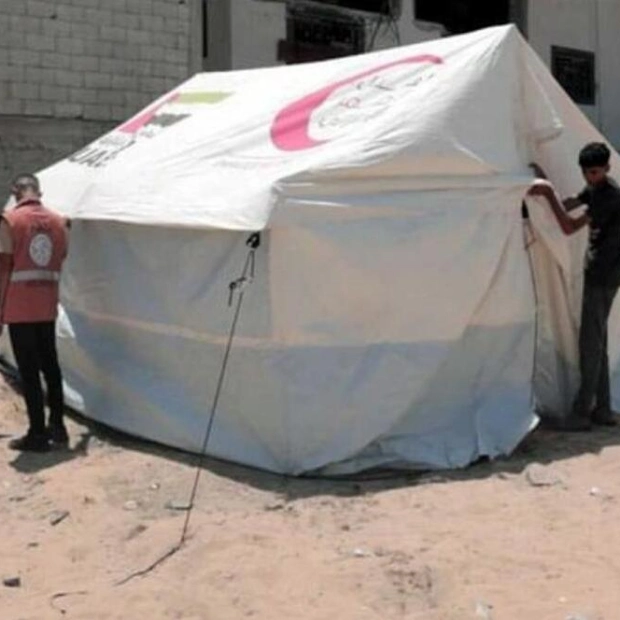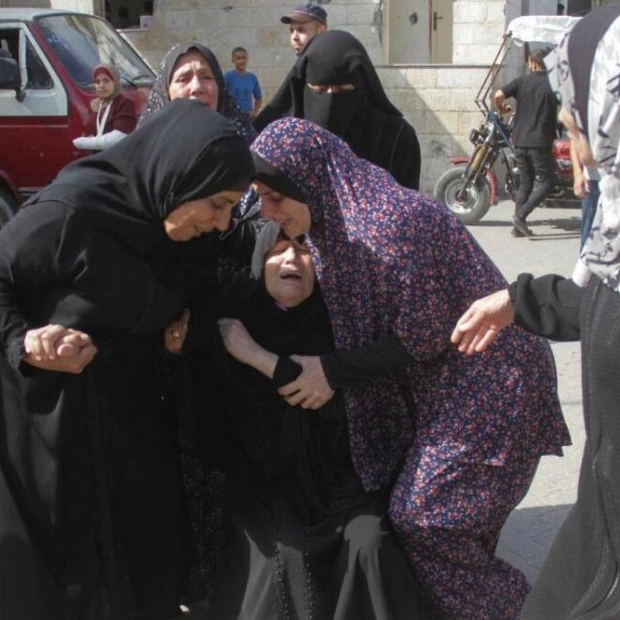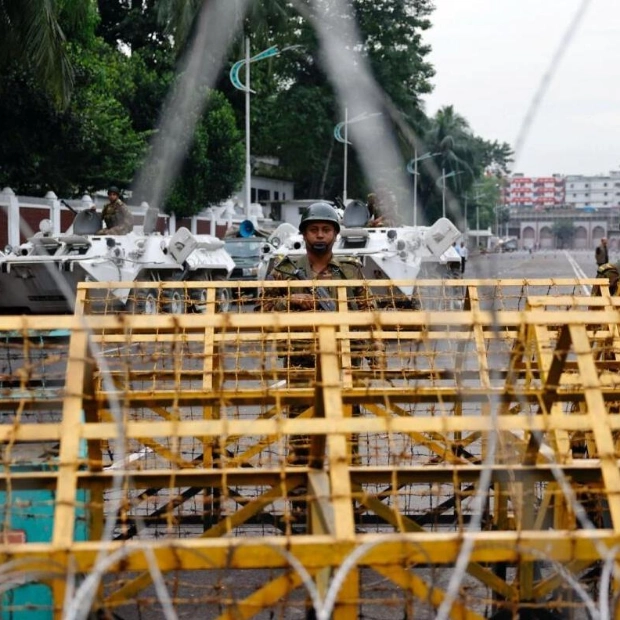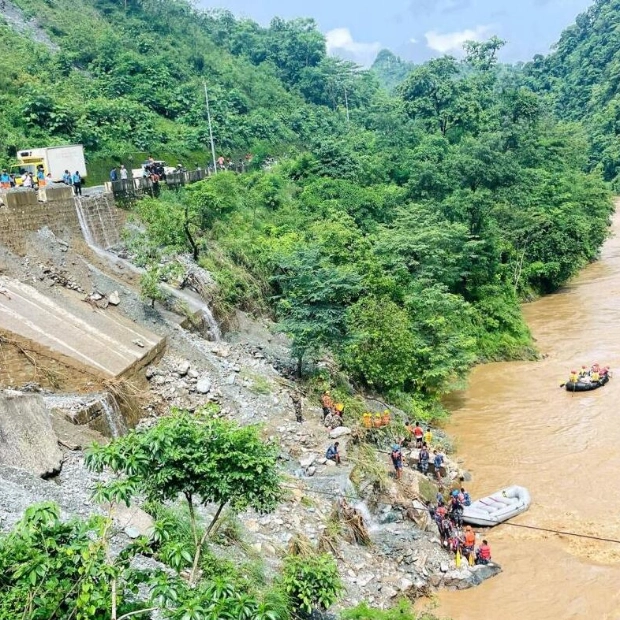Sri Lanka's President Ranil Wickremesinghe faced a setback on Monday as he failed to gain the support of the largest political party in parliament for his re-election campaign, significantly impacting his chances in the September 21 vote. With nearly 17 million out of Sri Lanka's 22 million population eligible to vote, the election is pivotal for determining the future of reforms in the South Asian island nation, which is currently grappling with its worst financial crisis in decades.
Among the several candidates, Wickremesinghe, who assumed the presidency in July 2022 amid an economic collapse due to a severe shortage of foreign exchange reserves, is considered the most favorable option for market and reform-oriented policies. However, with only one seat in parliament, his bid for re-election relies heavily on the support of the Sri Lanka Podujana Peramuna (SLPP), which holds a majority in parliament and includes key members such as former president Mahinda Rajapaksa and his brother.
The SLPP announced after a politburo meeting that they would be fielding their own candidate, as disclosed by the party's general secretary, Salaga Kariyawasam. This decision poses a significant challenge to Wickremesinghe, although he remains in the race as an independent candidate, potentially receiving support from a breakaway faction of the SLPP and other opposition parties.
Wickremesinghe's predecessor, Gotabaya Rajapaksa, was the first sitting president to be ousted from power following a mass protest that led to his resignation. During his tenure, Wickremesinghe managed to stabilize the economy partially by securing a $2.9 billion bailout from the International Monetary Fund (IMF), which helped to stabilize the rupee, control inflation, and rebuild dollar reserves. He also initiated debt restructuring talks with official creditors and bondholders.
Despite these efforts, the economic challenges persist, with Sri Lanka required to enhance tax revenues, reform state-owned enterprises, and finalize a $12.5 billion debt restructuring plan with bondholders. Analysts highlight rising poverty levels, corruption, and policy gridlocks as major concerns, suggesting that the crisis may have weakened the SLPP's traditional voter base, making the electoral outcome uncertain.
Political scientist Prof. Jayadeva Uyangoda commented, "People are silently waiting to give their decision on election day. It is actually judgement time for Sri Lanka."
